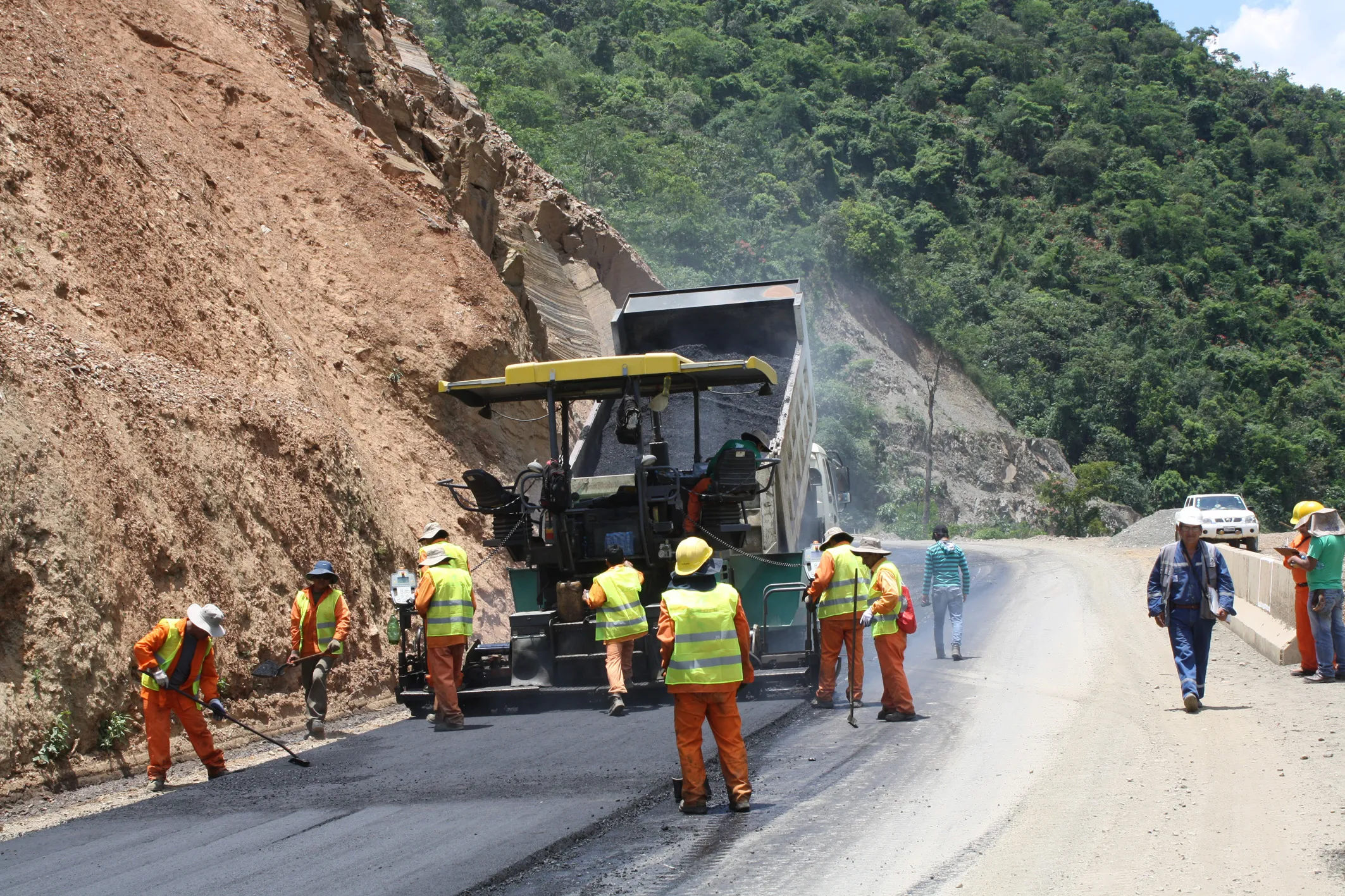The Caterpillar Foundation today announced a five-year, $12.5 million grant to the World Resources Institute (WRI) to advance the progress of environmentally sustainable and livable cities in China, India, and Brazil.
April 25, 2012
Read time: 2 mins
The 178 Caterpillar Foundation today announced a five-year, $12.5 million grant to the 5224 World Resources Institute (WRI) to advance the progress of environmentally sustainable and livable cities in China, India, and Brazil.
WRI intends to develop low-carbon city models and pathways for environmentally sustainable urbanisation (ESU), and to promote the diffusion of environmentally smart and livable cities. The institute will partner with up to five urban centrer to demonstrate how they can use “avoid, shift and improve” strategies to increase energy efficiency, curb greenhouse gas emissions, and improve water quality, urban mobility and land use.
“Sustainable urbanisation is challenging, and the World Resources Institute has a proven track record of developing innovative approaches to the world’s biggest environmental and sustainability issues,” said Kevin Thieneman, Caterpillar China, India and ASEAN country manager. “Caterpillar is proud to support WRI’s work to create more sustainable and livable cities. It is our hope that the lessons learned in China, India and Brazil will guide the world’s urban centres toward more sustainable growth models that will generate practical solutions for managing rapid urbanisation and improve the lives of millions of people.”
WRI will create “blueprints” — low-carbon plans for environmentally sustainable and livable cities — to catalyse and help implement large-scale, high-impact demonstration projects. It will then conduct a prodigious targeted outreach effort to disseminate lessons learned to other growing cities to help them scale up and adapt key elements to their own conditions.
China, India, and Brazil are among the world’s most rapidly urbanising nations. In China, experts predict that by 2030 more than 70 per cent of its people will live in cities, and that 221 cities will have at least one million residents, while in India and Brazil, urban growth is explosive and poses poses substantial challenges.
WRI intends to develop low-carbon city models and pathways for environmentally sustainable urbanisation (ESU), and to promote the diffusion of environmentally smart and livable cities. The institute will partner with up to five urban centrer to demonstrate how they can use “avoid, shift and improve” strategies to increase energy efficiency, curb greenhouse gas emissions, and improve water quality, urban mobility and land use.
“Sustainable urbanisation is challenging, and the World Resources Institute has a proven track record of developing innovative approaches to the world’s biggest environmental and sustainability issues,” said Kevin Thieneman, Caterpillar China, India and ASEAN country manager. “Caterpillar is proud to support WRI’s work to create more sustainable and livable cities. It is our hope that the lessons learned in China, India and Brazil will guide the world’s urban centres toward more sustainable growth models that will generate practical solutions for managing rapid urbanisation and improve the lives of millions of people.”
WRI will create “blueprints” — low-carbon plans for environmentally sustainable and livable cities — to catalyse and help implement large-scale, high-impact demonstration projects. It will then conduct a prodigious targeted outreach effort to disseminate lessons learned to other growing cities to help them scale up and adapt key elements to their own conditions.
China, India, and Brazil are among the world’s most rapidly urbanising nations. In China, experts predict that by 2030 more than 70 per cent of its people will live in cities, and that 221 cities will have at least one million residents, while in India and Brazil, urban growth is explosive and poses poses substantial challenges.









